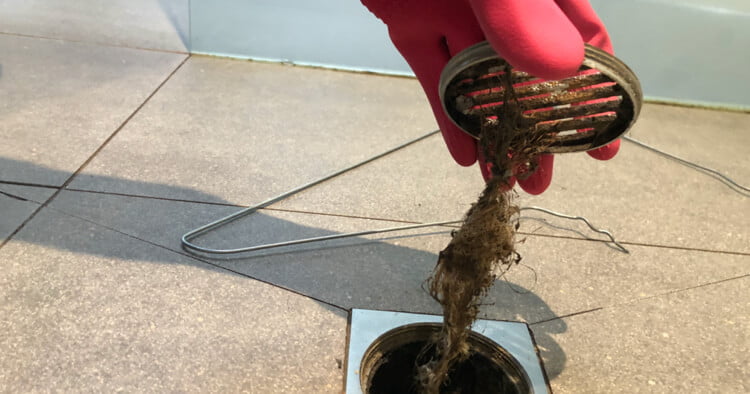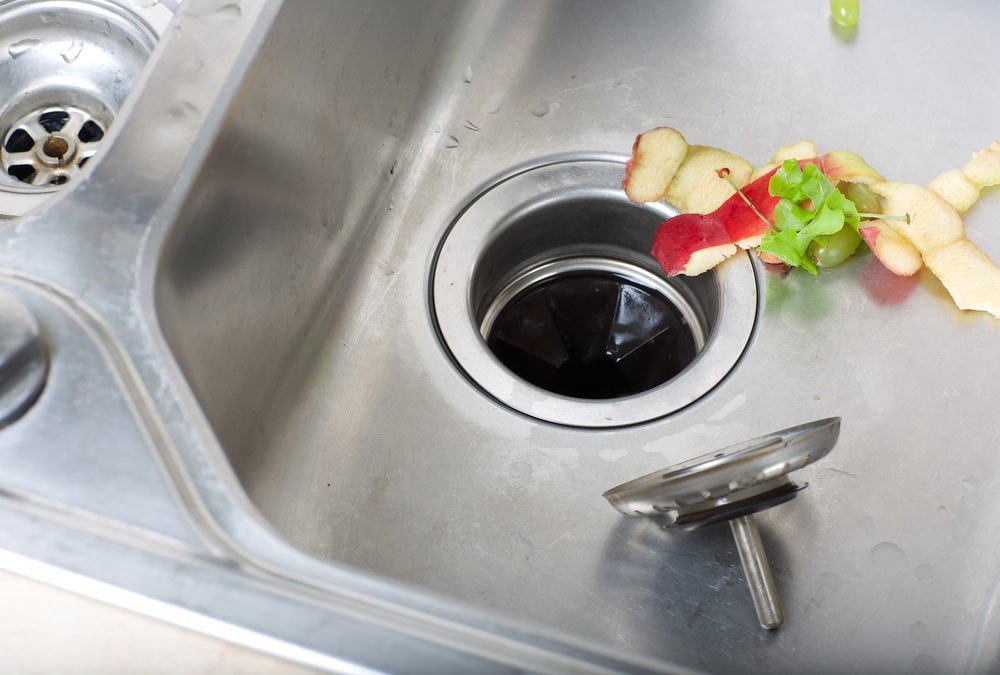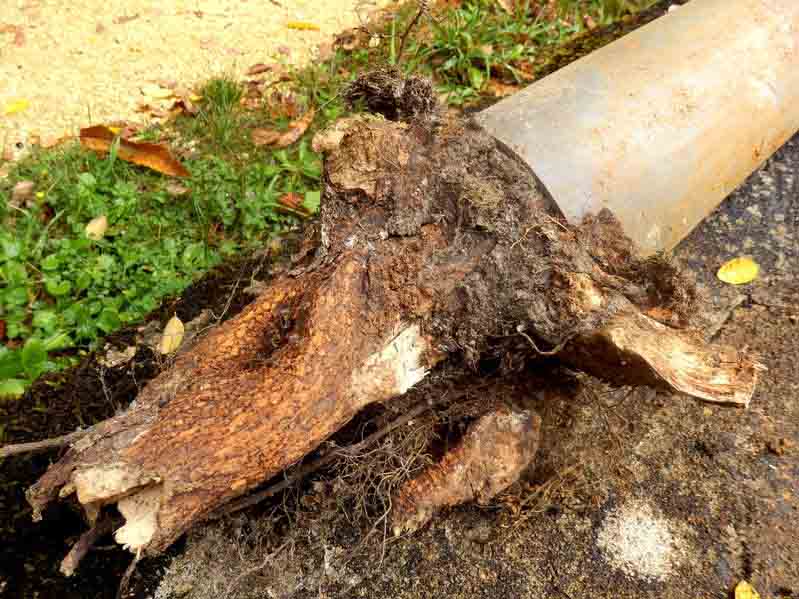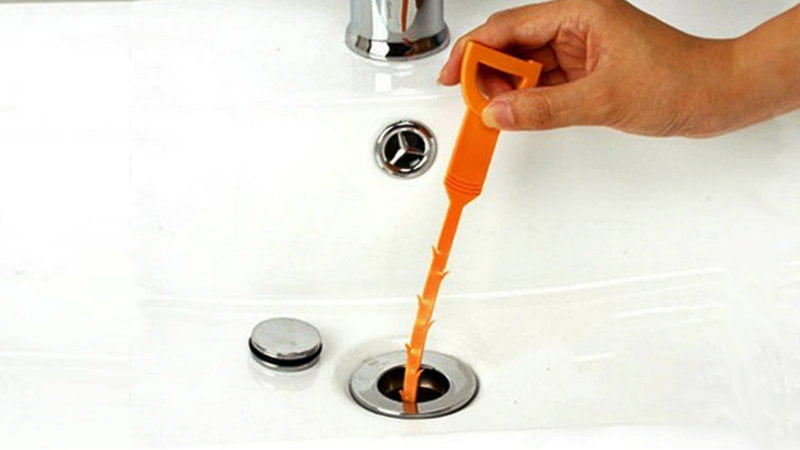24 Mar. 22
8 Most Common Causes of Blocked Drains And How to Avoid It
Clogged drains and blocked pipes may appear to be minor difficulties at first, but they can soon turn into severe issues. Slow water drainage, corrosion, flooding, and, in the worst-case scenario, sewage backup and costly repairs can all result from a clogged drain. Recognizing the reasons of clogged drains is the first step in preventing them. The 8 most common causes of clogged drains in the home, as well as how to avoid and cure them, are listed here.
1. HAIR

Hair, which can mix with oil and other sticky substances to produce clogs, is a major cause of drain blockages. The most effective technique to deal with hair blockages is to avoid them in the first place. Ensure that all drains have hair guards and that they are cleared on a regular basis.
2. SOAP
You might be wondering how soap might clog your pipes. Traditional soap bars, on the other hand, are prepared using grease or fat. The soap’s fat reacts with the minerals in the water, forming a hard deposit (soap scum) that colors bath fittings and clogs pipes. Switch to soap-free washing and get your pipes pressure cleaned to get rid of any soap residue.
3. DIRT
You could believe that your drain and pipes are designed to wash anything away. However, while you want to remove excess dirt from yourself and your clothes, it can build up in your drains and cause problems. Before washing your clothes and body inside, shake or rinse off any excess dirt and muck.
4. WASTE FOOD

Even if you have a garbage disposal in your sink, food waste should never go down the drain. Set up a composting pile instead to dispose of food waste. This is especially crucial for non-biodegradable garbage like tea leaves and coffee grounds. Grease or oil, for example, should be avoided because they can solidify in the pipes and cause a blockage. Instead, absorb the oil with a paper towel and compost it.
5. BUILDING OF MINERAL RESOURCES
Minerals dissolved in hard water can accumulate and form insoluble aggregates, which can readily clog drains. If hard water is an issue in your neighborhood, one remedy is to install a water softener in your home. If that isn’t a possibility, you’ll need to descale and remove silt and buildup on a regular basis. Mineral buildup clogs can be tough to remove after they’ve formed, so if your drains and pipes aren’t running, call Quintessential Plumbing in Sydney.
6. SMALL OBJECTS
Small things might get into your plumbing system and cause havoc. Only water, toilet paper, and human waste should be flushed, drained, or poured down the drain. Any other items should be properly disposed of in the garbage, compost, or recycling. If any foreign matter has gotten into your plumbing supply and is causing problems, you’ll most likely require professional assistance to remove it and restore normalcy to your plumbing.
7. TOILET PAPER BUILDUP
Too much toilet paper might clog your drains and prevent you from flushing your toilets. You can use a plunger to shift and dissolve some of the toilet paper if water still runs through your toilet after flushing. However, if your toilet simply fills without emptying, you’ll need to hire a plumber to clear the obstruction.
8. TREE ROOTS

Tree roots might be attracted to even the tiniest fractures or leaks in your subterranean pipes. Tree roots quickly grow larger once within your pipes, impeding water flow and causing pipe damage. Tree roots can be difficult to remove from pipes, requiring rooter service, pressure jet cleaning, trenchless repair, or even excavation. Examine the root structure of your trees and plants, as well as the condition of your drains, to avoid a costly and time-consuming repair.
Because there are so many reasons of clogged drains, the best method to fix them is to avoid them in the first place. Never throw anything down the drain that you shouldn’t, and don’t try to clear drains with extra chemicals or things. If your clogged drains become an emergency requiring the aid of a professional plumber, call Quintessential Plumbing in Sydney for assistance 24 hours a day, 7 days a week.



